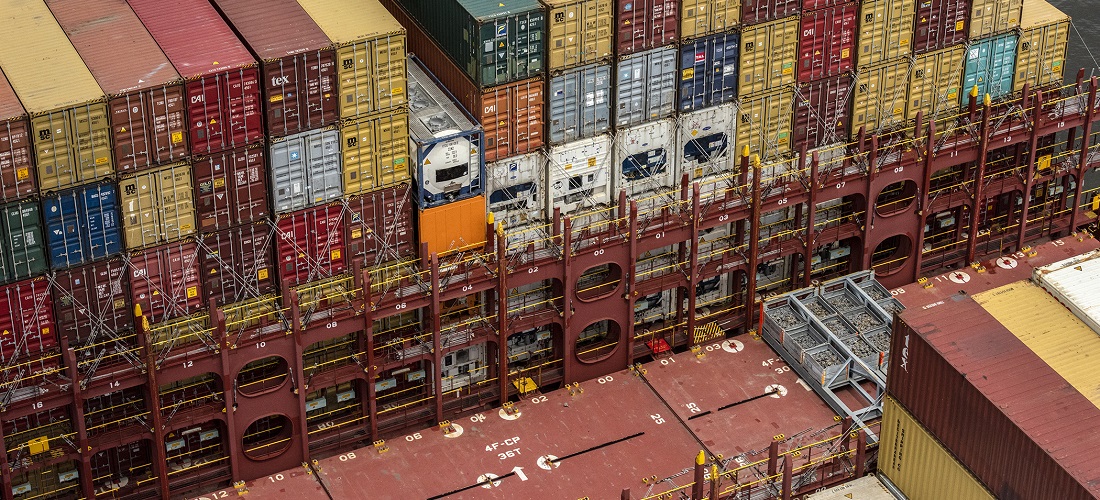
Cargo Release Time study shows Brazil’s average to be 7.4 days
Jul, 01, 2020 Posted by datamarnewsWeek 202027
The Special Secretariat of Brazil’s Federal Revenue (RFB), in partnership with Secex, Anvisa, and the Agriculture Ministry, carried out the first Cargo Release Times study, developed according to the methodology used by the World Customs Organization’s (OMA) Time Release Study. The initiative stems from a measure provided for in the Trade Facilitation Agreement (AFC), of the World Trade Organization (WTO), to which Brazil is a signatory, and aims to provide greater transparency in information related to foreign trade.
The time is measured for the full import process, which is from the arrival of the transport vehicle to the delivery of the cargo to the importer, involving all units by air (there were 21 units), sea (22 units in total) and both main modes of road transport, which together accounted for about 46% of the modal’s movement. The study pointed out that cargo imported by Brazilians takes, on average, 7.4 days to be released after reaching the country’s borders.
Despite being the first study carried out in Brazil with the methodology used by the World Customs Organization, the number of days represents a decrease in relation to other estimates made by the government. The clearance period was 17 days in 2018 and the government’s goal in recent years was to reduce it to less than 10 days. According to the study, in the maritime mode, it takes 9.7 days to release the cargo, by air the average is 5.8 days, and by land, it is 2.3 days. The results also show that more than 87% of imported goods are released in less than 7 days, counted from when they reach the country.
Another fact is that 65% of the total average time spent in Anvisa’s consent processes does not result from actions under the agency’s responsibility, but mainly for the payment and bank compensation of fees. The customs clearance stage, which is the responsibility of the Federal Revenue, accounts for less than 10% of the total time calculation. The actions under the responsibility of private agents, notably the importer (or their customs broker), the international carrier, and the depositary represent more than half of the total time spent on all analyzed flows.
The study was supported by the World Bank Group, the World Customs Organization, and the UK Prosperity Fund.
Source: Agência Estado and Agência Brasil
-
Other Logistics
Jul, 22, 2020
0
Rumo partners with Caramuru to build new railroad terminal in São Simão (Goiás)
-
Ports and Terminals
May, 06, 2024
0
Armed Forces to Remain at Port of Santos
-
Shipping
Oct, 13, 2020
0
Brazil and Uruguay to sign agreement to develop binational waterway
-
Other Logistics
Apr, 29, 2022
0
Integrated logistics corridor can reduce freight prices by 30%

